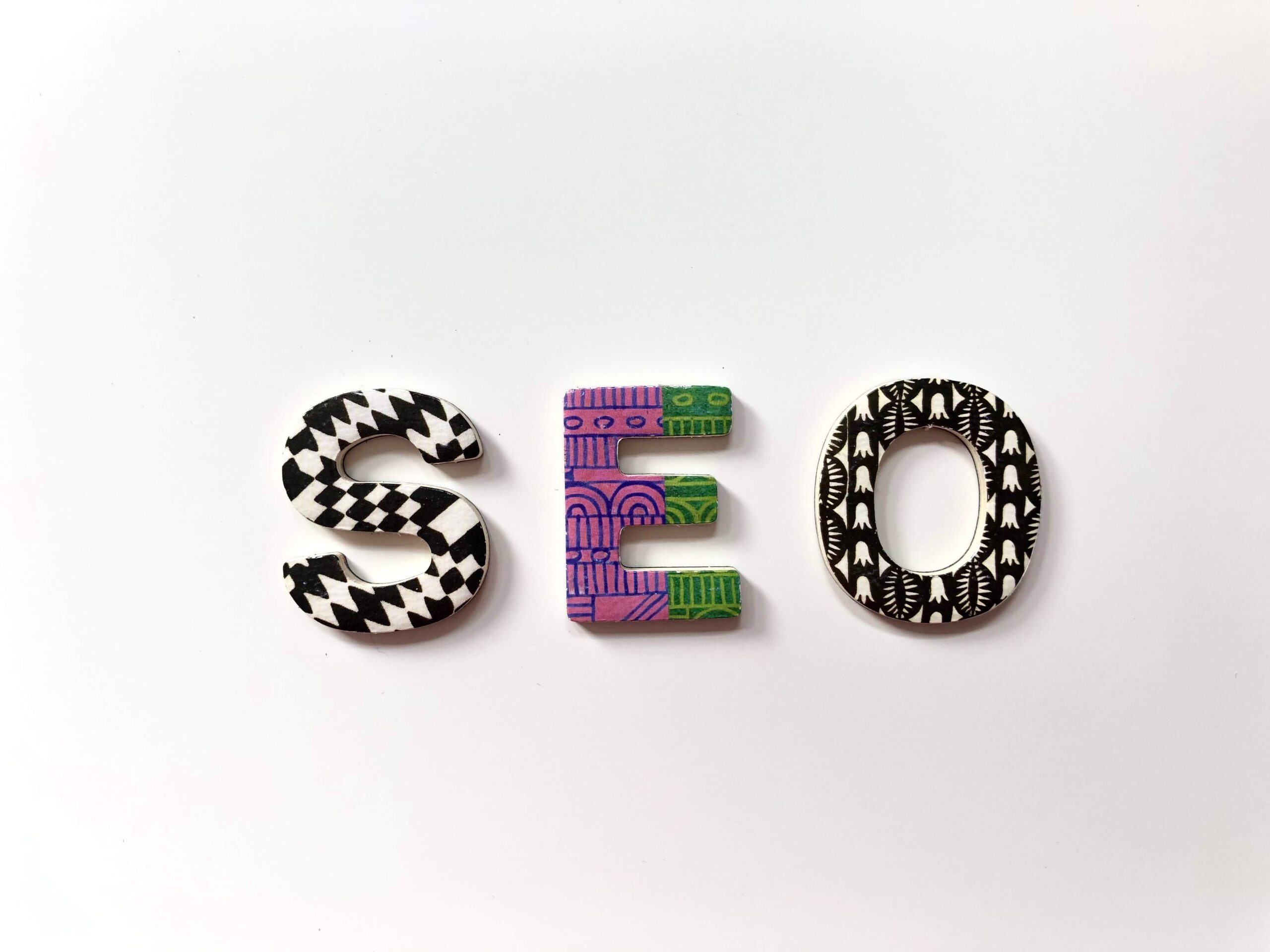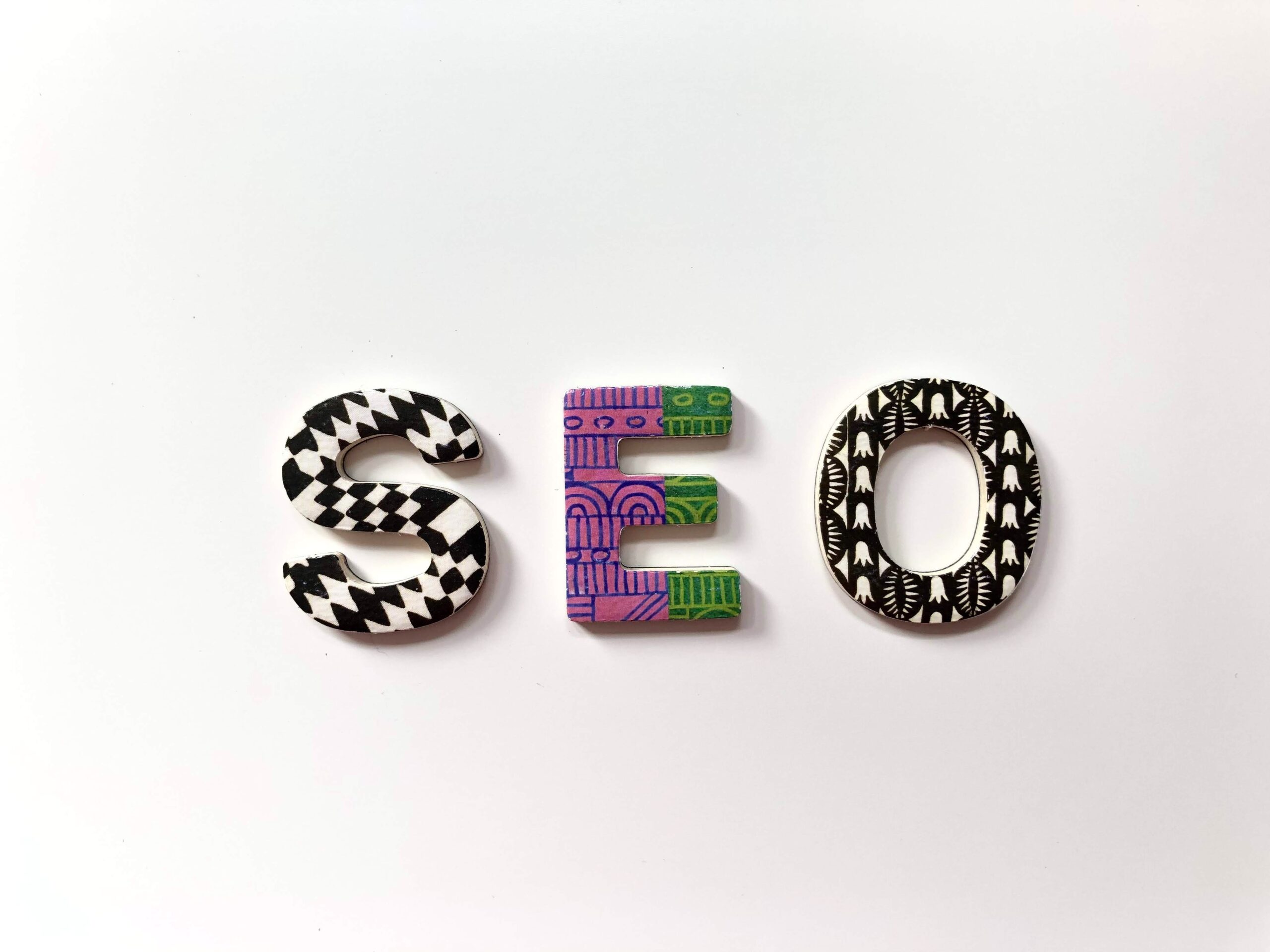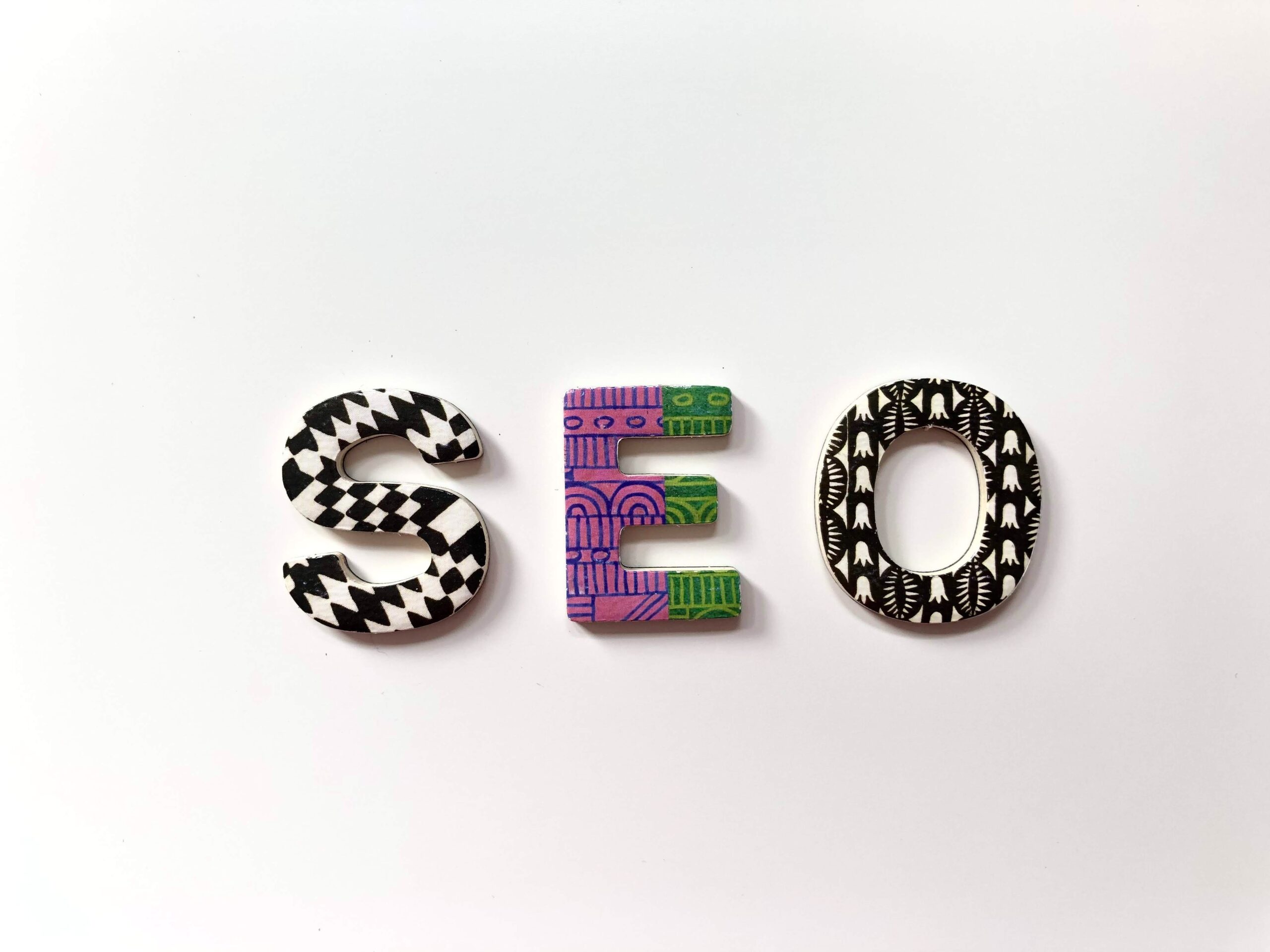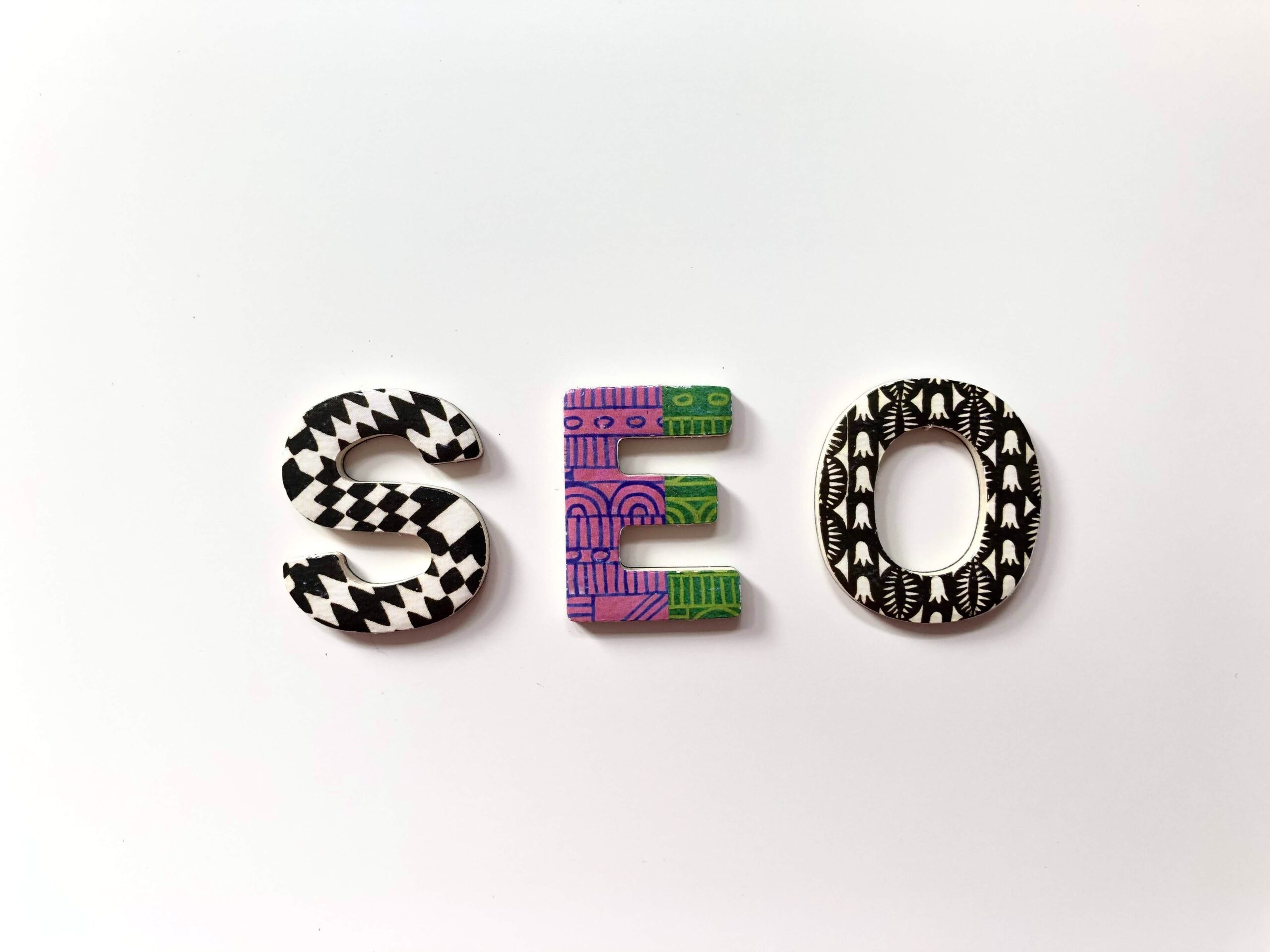When it comes to optimizing your website for search engines, one important aspect that often gets overlooked is the indexing of tags and category pages. Many website owners assume that having these pages indexed will improve their SEO rankings, but in reality, it can have the opposite effect.
Tags and category pages are essentially duplicate content. They contain a list of posts that are already indexed individually. When search engines crawl your website and find duplicate content, it can confuse them and dilute the value of your other pages.
By no-indexing your tags and category pages, you can help search engines focus on your most important and unique content. This can lead to better SEO results and higher rankings.
1. Avoid Duplicate Content
As mentioned earlier, tags and category pages often contain duplicate content. When search engines find duplicate content on your website, they may struggle to determine which version to include in their search results. This can result in lower rankings for all of your pages.
No-indexing tags and category pages can help prevent this issue. By instructing search engines not to index these pages, you can ensure that only your original and unique content is considered for search rankings.
2. Improve Crawl Budget
Search engines allocate a certain amount of resources, known as crawl budget, to each website. This crawl budget determines how frequently and deeply search engines crawl your site. By having unnecessary pages, such as tags and category pages, indexed, you may be wasting your crawl budget.
No-indexing these pages can help optimize your crawl budget. By focusing on your most important pages, search engines can spend more time and resources on crawling and indexing your valuable content.
3. Enhance User Experience
Tags and category pages are typically not user-friendly. They often present a long list of posts without any context or organization. This can confuse and frustrate users who are looking for specific information on your website.
No-indexing these pages can improve the overall user experience. By removing clutter and focusing on your main content, you can provide a more streamlined and user-friendly website.
Conclusion
No-indexing tags and category pages can have a positive impact on your website’s SEO performance. By avoiding duplicate content, optimizing your crawl budget, and enhancing the user experience, you can improve your search engine rankings and drive more organic traffic to your site.





